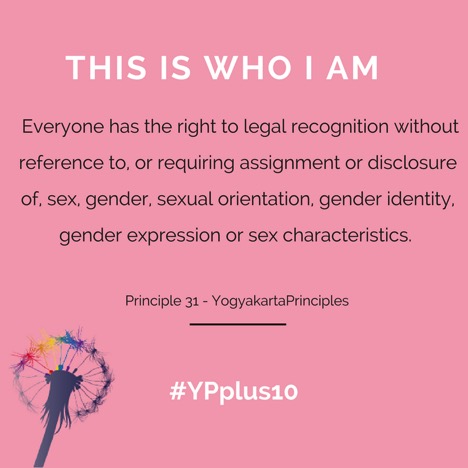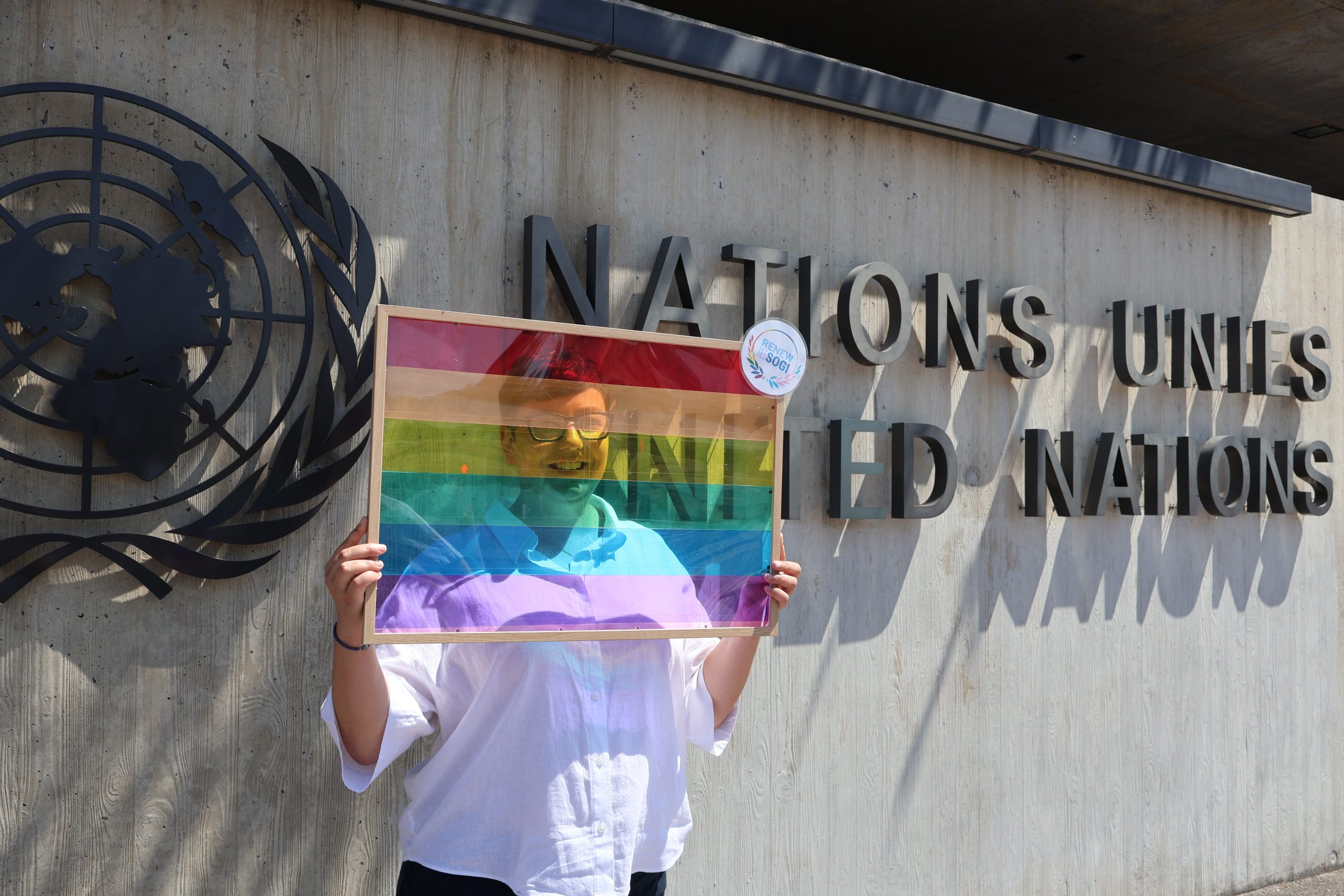The Inter-American Court on Human Rights (IACtHR) has issued a striking Advisory Opinion to Costa Rica with three crucial conclusions, which will impact on all countries in the Americas:
- that trans persons should be allowed to legally change their name, gender marker and photo on identity documents;
- that this should be done on the basis of self-determination of gender identity, without any prohibitive legal or medical pre-conditions; and
- that same sex couples should enjoy all family rights without discrimination, including marriage.
As ISHR’s LGBTI Programme Manager Pooja Patel explains, one particularly significant feature of Advisory Opinion OC 24/17 is the many approving references it makes to the Yogyakarta Principles, as well as the recently released Additional Principles and Additional State Obligations (YP+10).
‘It’s a testament to the power of the Yogyakarta Principles to bring about change on the ground, that just a month after the publication of the YP+10, they are already at the centre of an Opinion of a regional human rights court,’ says Patel.
Costa Rica requested that the IACtHR provide an Advisory Opinion – a clarification of the meaning, purpose and rationale of provisions of international human rights law – in order to advise the country on how to fully comply with its obligations in these areas. ISHR’s Helen Nolan notes that the Opinion explicitly acknowledges the Yogyakarta Principles and the YP+10 as part of the legal framework of the IACtHR. In referring closely to the two documents, the seven judges also identified them as authoritative sources for developing and interpreting laws related to sexual orientation and gender identity.
‘We welcome this fantastic Opinion, which will directly impact on the lives of trans people and same sex couples, not just in Costa Rica, but throughout the Americas and beyond,’ says Nolan. ‘It’s heartening to see the government of Costa Rica celebrating the findings and committing to making the Opinion a reality.’
The Yogyakarta Principles plus 10 were launched in November 2017, following a two year consultation and drafting process facilitated by ISHR and ARC International. Endorsed by a group of 33 international legal experts, they constitute an authoritative statement on international human rights law relating to sexual orientation, gender identity, gender expression and sex characteristics, including in relation to LGBTI rights defenders. They complement the 2007 Yogyakarta Principles, updating them to reflect international legal developments over the last decade and to fill protection gaps, particularly with respect to trans and intersex issues and rights. And they provide comprehensive and practical guidance to States and non-State actors as to the legislative, administrative and other measures required to fulfil their obligations under international law.
More information on the Yogyakarta Principles and the YP+10 is available here.
Full text of the Advisory Opinion is available in Spanish here.
Full text of the request for an Advisory Opinion is available in English, Spanish and French here.




